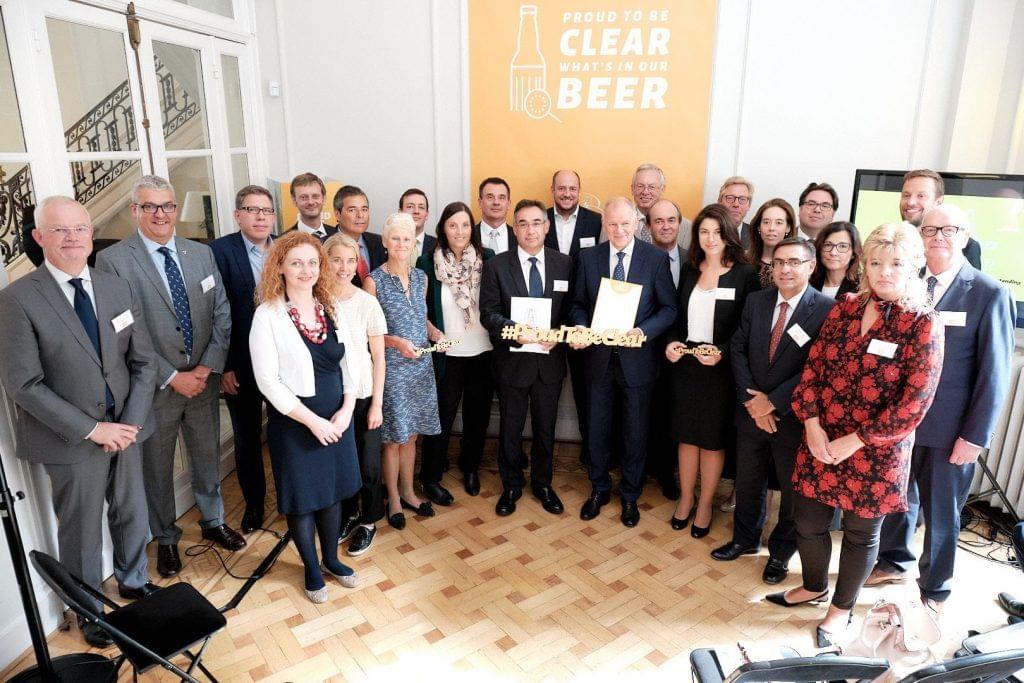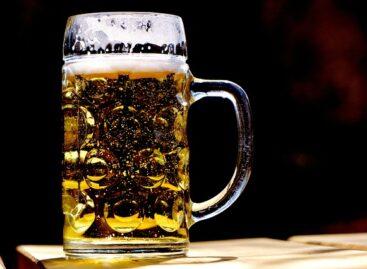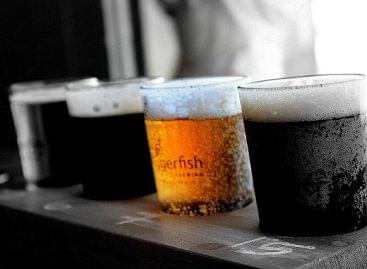Labelling issue solved by Brewers of Europe
A few years ago, UNESCO added Belgian beer culture to its list of Intangible Cultural Heritage of Humanity.
It highlighted how deeply this culture is embedded across Belgium’s towns and villages.
The decision would have been approved by everyone from the Trappist monks and Rosa Merckx, to the millions of tourists who visit Belgium every year.

I’m sure even Pieter Bruegel, who once lived in Antwerp and whose work often depicted the role of beer in daily life, would have supported the UNESCO award.
Over the past 1,000 years, traditional beer production methods have been handed down from generation to generation.
But beer production has evolved in many ways over the years.
Today, those traditional methods are being complemented by innovation, technological know-how and scientific developments.
Of course, this is also true in Denmark, the Netherlands, Ireland, Germany, Czechia and other countries where beer is part of a cultural and social tradition.
The consumers have evolved as well. They seem to care more about their health and lifestyle, and as a health advocate I am very glad that this development is taking place.
Therefore, it makes sense that we are, right now, at another important stage in the evolution of the beer sector – responding to consumer demands and providing important information on energy value and ingredients.
So, I am delighted to be part of today’s event.
I want to take this opportunity to congratulate you for your commitments to alcohol labelling.
But I also want to encourage you to continue being a pioneer around this issue in the wider alcohol sector.
**********
Let me say a few words about the history of alcohol labelling.
You are all well aware that EU food labelling rules exempt alcoholic drinks from the requirement to list ingredients and nutrition information on their label.
But, this has deprived consumers of important information.
And it also given the alcohol industry a bad image.
Consumers have a right to know more.
Many of them want more details on what their drinks contain and what it means for their health.
They want this information to be clear and transparent – a recurrent message we receive in all our public health and food safety work.
And consumers are not the only ones.
The European Parliament, the World Health Organization and other public health organisations are also calling for changes to alcohol labelling rules.
The Commission’s report to the Parliament and Council in March 2017 underlined this point.
The report found there were no objective grounds to justify the current exemption.
I know that the Brewers of Europe also agreed with this conclusion.
In 2015, you committed through your pledge under the EU Alcohol and Health Forum to provide information about nutrition and ingredients on the label.
I am also aware that following the 2017 Commission report, you proposed to fully implement the provisions of the Regulation on Food Information for Consumers.
Again, thank you for your positive engagement throughout this process.
As you know, I was disappointed with the self-regulatory proposal put forward by the alcohol industry in March 2018.
It was not equally ambitious for all sectors and it did not answer consumers’ demands.
There were some common commitments.
However, there were also some important differences on the processes and modalities of implementing changes in the different sectors.
Related news
Donald Trump’s planned tariffs pose challenges for the US alcohol industry
US presidential candidate Donald Trump has proposed a 25% tariff…
Read more >Beer consumption is decreasing in Germany and Europe
German beer culture is known around the world, but even…
Read more >Related news
Recognition of Consumer Protection Excellence: Honoring the Best of 2024
This year’s outstanding consumer protection officers and special award recipients…
Read more >KSH: industrial production decreased by 0.2 percent in October
In October, the volume of industrial production fell by 0.2…
Read more >Technological advancements and business travel
The latest research from International Workplace Group (IWG), the leading…
Read more >








